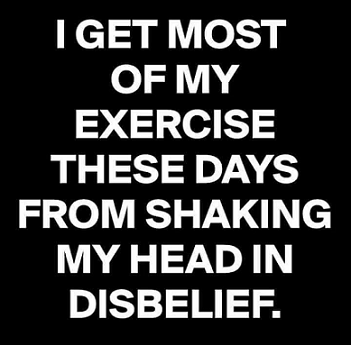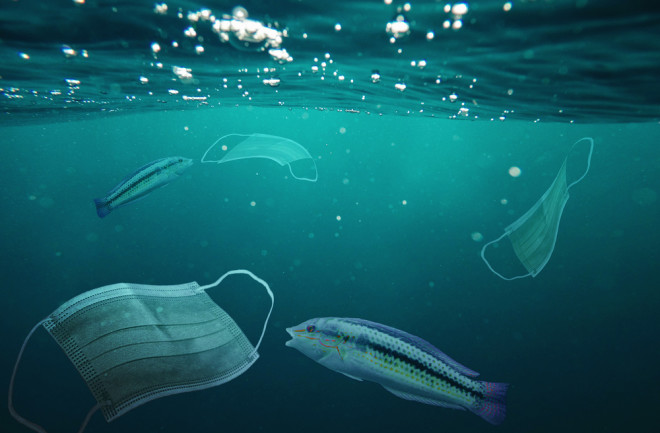My dad got a message from Discovery saying they only register for 80+ year olds at this stage.
that’s excellent news. I’m hopefully that once discovery starts it will go a lot smoother than it has been.
Follow along with the video below to see how to install our site as a web app on your home screen.

Note: this_feature_currently_requires_accessing_site_using_safari
My dad got a message from Discovery saying they only register for 80+ year olds at this stage.
that’s excellent news. I’m hopefully that once discovery starts it will go a lot smoother than it has been.

Yeah, I think its for healthcare workers.
I could make an appointment on the site I mentioned. I also had to wait for an sms but that gave me a link to the t's and c's. Agreed and got another sms with a voucher number.
My dad got a message from Discovery saying they only register for 80+ year olds at this stage. But see what the sms say and take it from there.


New lockdown rules for South Africa considered
Bloomberg30 April 2021

The resurgence of the Covid-19 pandemic in India has prompted the South African government to consider introducing additional measures in order to stave off a third wave.
https://mybroadband.co.za/news/tren...-africa-considered.html?utm_source=newsletter
Unlike the previous 2 ones, this wave is starting is starting and going to hit hard in the FS.It's been hovering between 1000-1600 new cases everyday for the last couple of weeks. Surprising that the deaths stay so low. But thats a good thing.
And the new jabs is just over 10k for the day. Slowly getting there.
Unlike the previous 2 ones, this wave is starting is starting and going to hit hard in the FS.
At least the jabs have started up again. Excellent news.It's been hovering between 1000-1600 new cases everyday for the last couple of weeks. Surprising that the deaths stay so low. But thats a good thing.
And the new jabs is just over 10k for the day. Slowly getting there.
It’s so terribly sad how bad India is at the moment.If you look into the provinces individually Free State, Northern Cape and Limpopo looks like it is steadily increasing. KZN is at least stable this time.
Just hope we don't reach India levels. Looks like a warzone there.